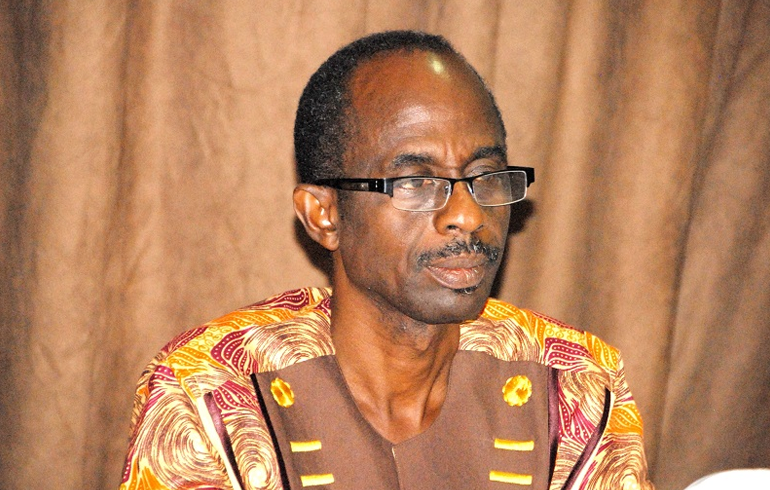The General Secretary of the National Democratic Congress (NDC), Johnson Asiedu Nketiah has allegedly disclosed that his son was shown the exit door from a private company where he worked after the New Patriotic Party (NPP) won the 2016 general elections.
The famous politician made this revelation in an interview with JoyNews.
According to him, Asiedu Nketiah Jnr (his son) was enjoying his work with a private company licenced by the Ghana Ports and harbours Authority to clear goods at the ports. Until one day the port authorities told the private company to sack his son else their licence will be revoked.
Mr Asiedu Nketiah went on and stated emphatically that he has really felt the impact of political victimisation on his business.
“Everyone knows I am a block maker and the contractors who use to buy blocks from my company haven’t been paid which has brought hardship on my business. When the government gets to know that the contractor is owning Asiedu Nketiah then they won’t pay”, he said.
Adding that the government has the money to pay but because of his political affiliation, the government isn’t just ready to pay him.
“It is not as if the government institution does not have the money. The money is ready, but somewhere they won’t pay you”, he averred.
However, the General Secretary unveiled that his block manufacturing factory in the capital, Accra has closed and workers have been laid off.
Adding that his daughter has also been a product of political victimisation disclosing that his daughter once working in the head office of an internal audit department within a government institution was later transferred to a district office under inexplicable circumstances.
Asiedu Nketiah who has no regrets of doing politics added that his daughter is now on a Chinese government scholarship to do a PhD.
Johnson Asiedu Nketia said his story summed up the nature of being in opposition.
“You are haunted in opposition,” he said and explained the objective is to “make you play ball with them.”
Asiedu Nketia said despite the political victimisation, he had no regrets for doing politics.
“If you ask Jesus how does it make him feel for being crucified, it is because the object of the service is bigger than these challenges,” he said.
Source: Mybrytfmonline/Joseph Asare




















































